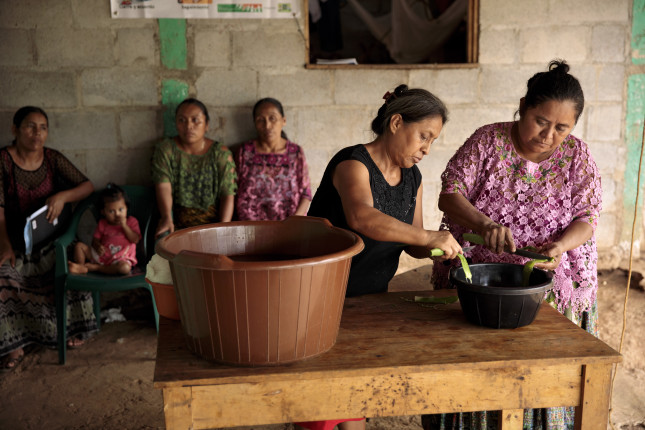-
Guatemala’s Western Highlands: Addressing Gendered Vulnerability to Climate Change
›
The Population Institute’s recent report, Invisible Threads: Addressing the root causes of migration from Guatemala by investing in women and girls, has brought attention to the numerous factors that drive migration in Guatemala. One of the key factors addressed in the report is climate change, which is linked closely to issues concerning land in that country. To this day, multiple generations of indigenous women endure the effects of land displacement and inequities in access to land—as well as related social and economic pressures. In concert with other political, social, and economic problems, this particular challenge has resulted in large outflows of migrants from the region.
Showing posts by Angel del Valle.




